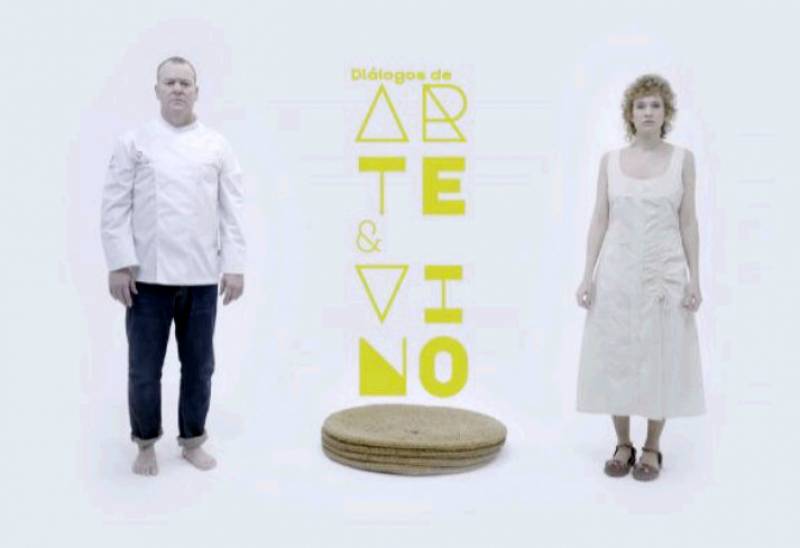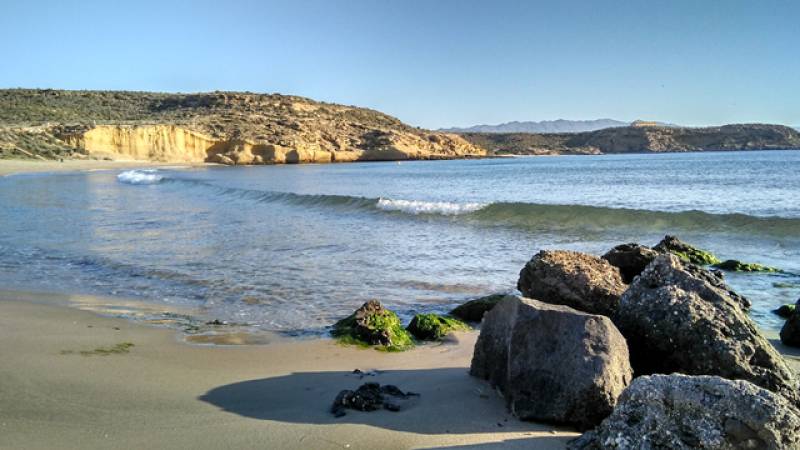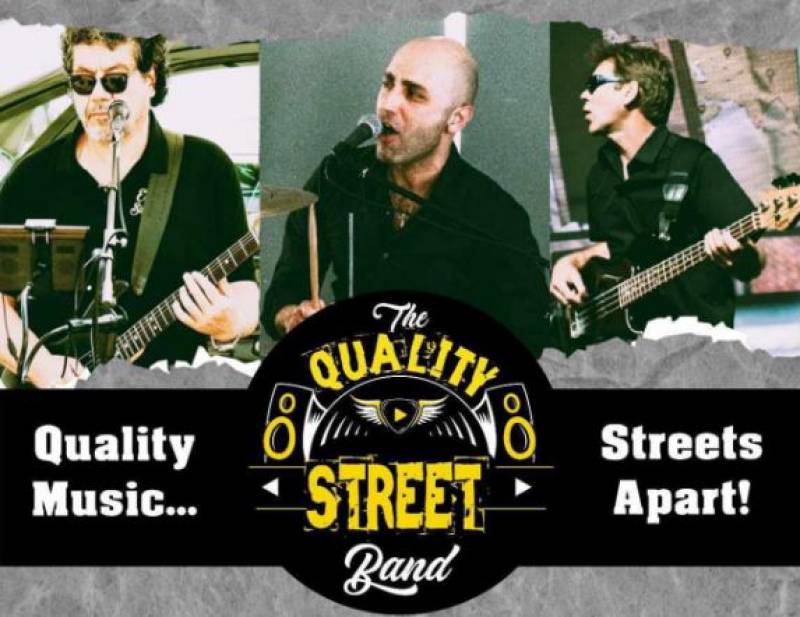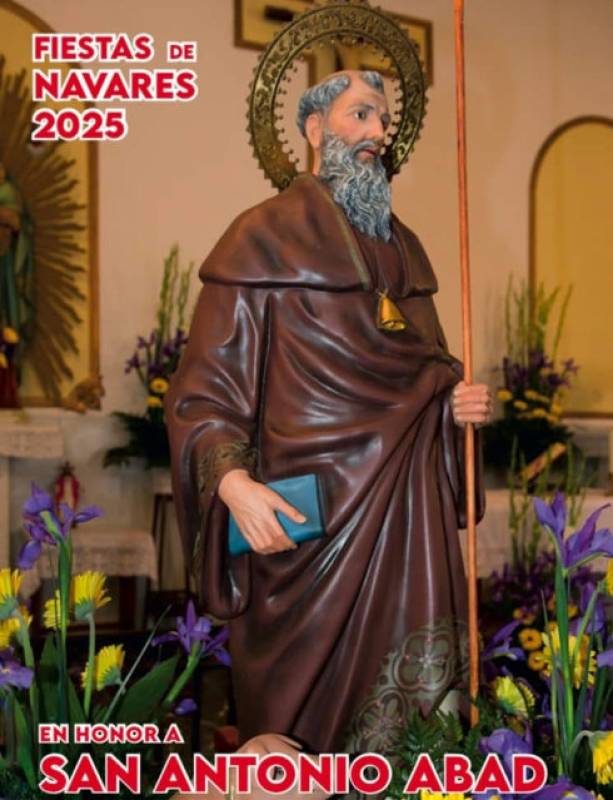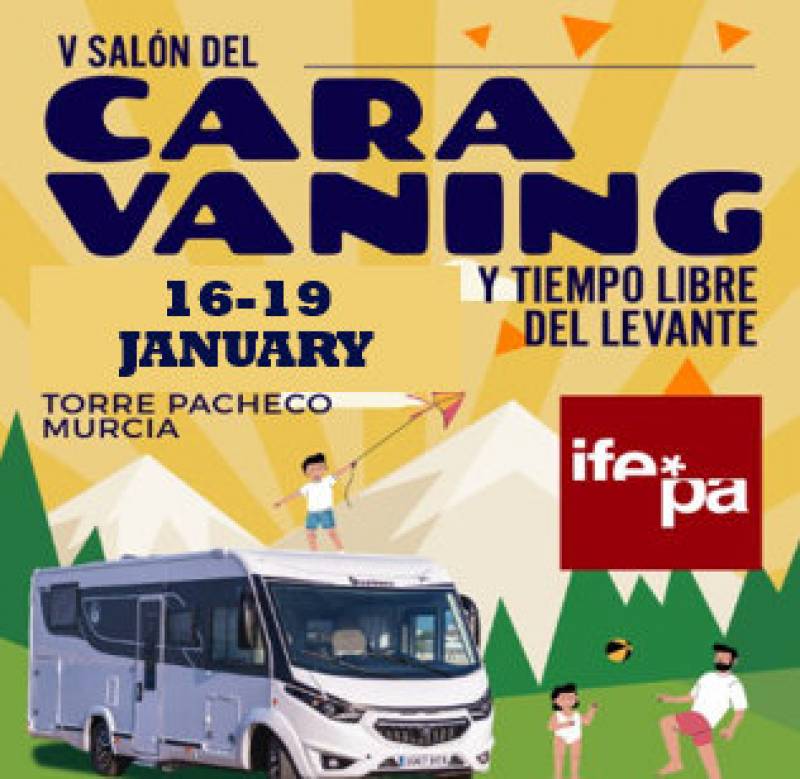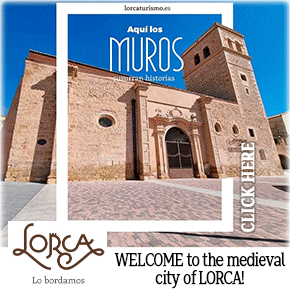
To be listed on the CAMPOSOL TODAY MAP please call +34 968 018 268.

Guidelines for submitting articles to Condado Today
Hello, and thank you for choosing CondadoToday.com to publicise your organisation’s info or event.
Condado Today is a website set up by Murcia Today specifically for residents of the urbanisation in Southwest Murcia, providing news and information on what’s happening in the local area, which is the largest English-speaking expat area in the Region of Murcia.
When submitting text to be included on Condado Today, please abide by the following guidelines so we can upload your article as swiftly as possible:
Send an email to editor@condadotoday.com or contact@murciatoday.com
Attach the information in a Word Document or Google Doc
Include all relevant points, including:
Who is the organisation running the event?
Where is it happening?
When?
How much does it cost?
Is it necessary to book beforehand, or can people just show up on the day?
…but try not to exceed 300 words
Also attach a photo to illustrate your article, no more than 100kb

July 13 to September 15 Esparto grass weaving exhibition in Jumilla
Esparto grass and wine have been at the heart of economic activity in Jumilla for centuries
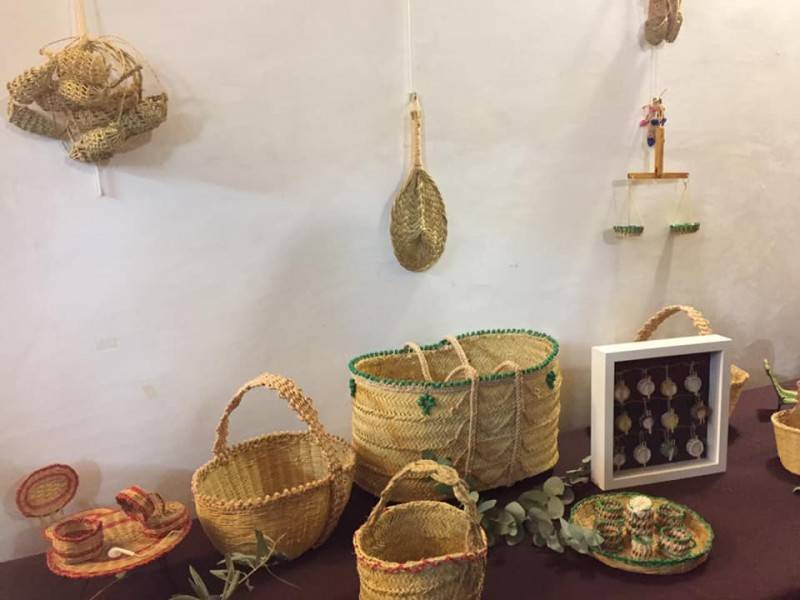 “Las Raices del Esparto”, an exhibition tracing the long history of esparto grass weaving in the north of the Region of Murcia, is open to the public at weekends for two months beginning on Saturday July 13 (with the official opening in the evening of Friday July 12).
“Las Raices del Esparto”, an exhibition tracing the long history of esparto grass weaving in the north of the Region of Murcia, is open to the public at weekends for two months beginning on Saturday July 13 (with the official opening in the evening of Friday July 12).
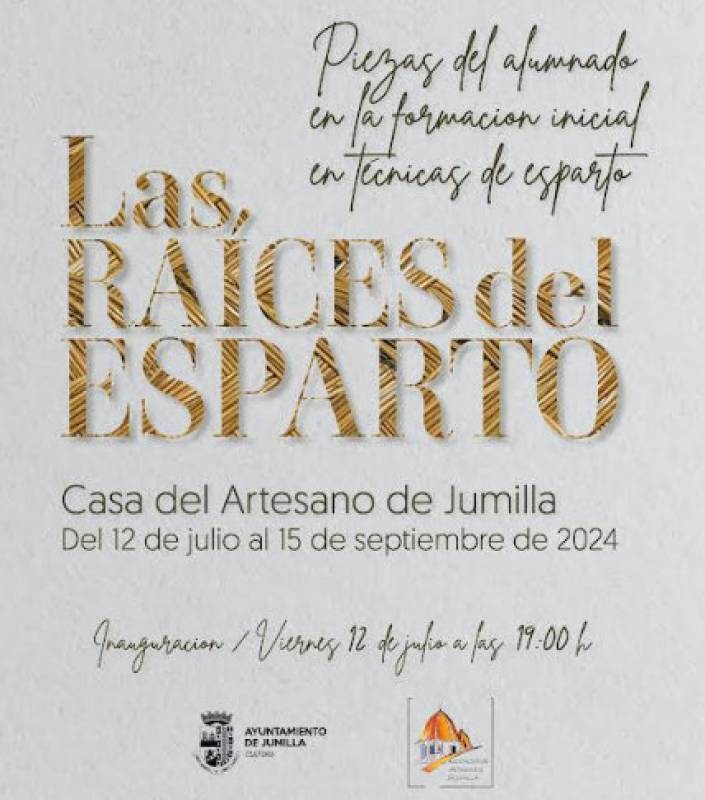 The tradition of weaving esparto grass in the Region of Murcia dates back thousands of years, and first the Phoenicians and then the Romans exported this important raw material throughout the Mediterranean basin.
The tradition of weaving esparto grass in the Region of Murcia dates back thousands of years, and first the Phoenicians and then the Romans exported this important raw material throughout the Mediterranean basin.
Before the invention of modern synthetic fibres, the strong and durable natural fibres of esparto lent themselves to a multitude of uses; ropes, footwear, household and agricultural items produced through the weaving of this fibrous grass which found its way into the furniture and utensils of almost every home in Murcia as a part of daily life.
There are relatively few master “esparteros” remaining in the modern era, but there is an increased interest in safeguarding the traditions of the past and in Jumilla the Casa del Artesano is a centre from which those interested in esparto can extend their skills and share knowledge. There are regular esparto meetings enabling beginners and masters to sit together and enjoy their craft.
The exhibition at the Casa del Artesano in Jumilla (Calle del Rico nº 12, next to the Casa Pérez de los Cobos and the Casa de la Música y las Artes) can be visited at weekends and on public holidays from 10.00 to 14.00.
Telephone: 663 202132
Email: asociacion@artesanosdejumilla.es
When visiting Jumilla don’t forget to make your first port of call the local tourist office (Plaza del Rollo, 1, telephone 968 780237 / 663 300779, email oficinaturismo@jumilla.org.
For more local events, news and visiting information go to the home page of Jumilla Today.
Oficina de Turismo Jumilla
The tourist office in the centre of Jumilla is easily found by driving straight into the centre of the town along the Avenida de Murcia and following the signposts. The tourist office is alongside the Parque de Don Albano Martínez Molina, where there are a number of parking spaces.
Jumilla, in the north of the Region of Murcia, has become internationally famous over recent decades due to the quality of the wines produced in the municipality, and wine tourism has begun to attract visitors from other parts of Spain and the rest of Europe.
The tourist office is happy to provide a range of maps and leaflets showing the different bodegas which can be visited within the municipality. Some of these form part of the Rutas del Vino de Jumilla, the Jumilla wine route, and can either be visited as a guided tour or sell their produce directly to the public.(see feed below for more details)
However, the town and the surrounding countryside have plenty of other attractions for visitors, and the popularity of Jumilla wines is leading more and more people to discover other facets of the tenth largest municipality in Spain.

These include the spectacular countryside and birdlife in the Sierra del Carche, the historic remains which range from cave paintings and a Roman mausoleum to the castle, the Iglesia de Santiago, the Town Hall and the Teatro Vico, and the gastronomy: rich stews are accompanied not only by the wines of the area but also by Jumilla pears, which also enjoy Denomination of Origin status.
Tourism in Jumilla is not as seasonal as it is in the coastal areas of the Region of Murcia, but the town is at its liveliest during the fiestas in Holy Week and the August Fair, which incorporates the grape harvest celebrations and the Moors and Christians parades.
The Altiplano of the Region of Murcia, which consists of the municipalities of Jumilla and Yecla, is only just over an hour by car from the Mar Menor, Cartagena, Mazarrón, Torrevieja and Alicante, and anyone wishing to visit real inland Spain and world-class wineries is advised to include Jumilla in their schedule.
Opening hours
Summer
Tuesday to Friday from 10am to 2pm
Saturday and Sunday 10am to 2pm
Monday closed
Winter
Tuesday to Friday from 10am to 2pm and 5pm to 7pm
Saturday and Sunday 10am to 2pm
Monday closed
Click for full information about visiting the Jumilla municipality and its wine bodegas: Jumilla section









